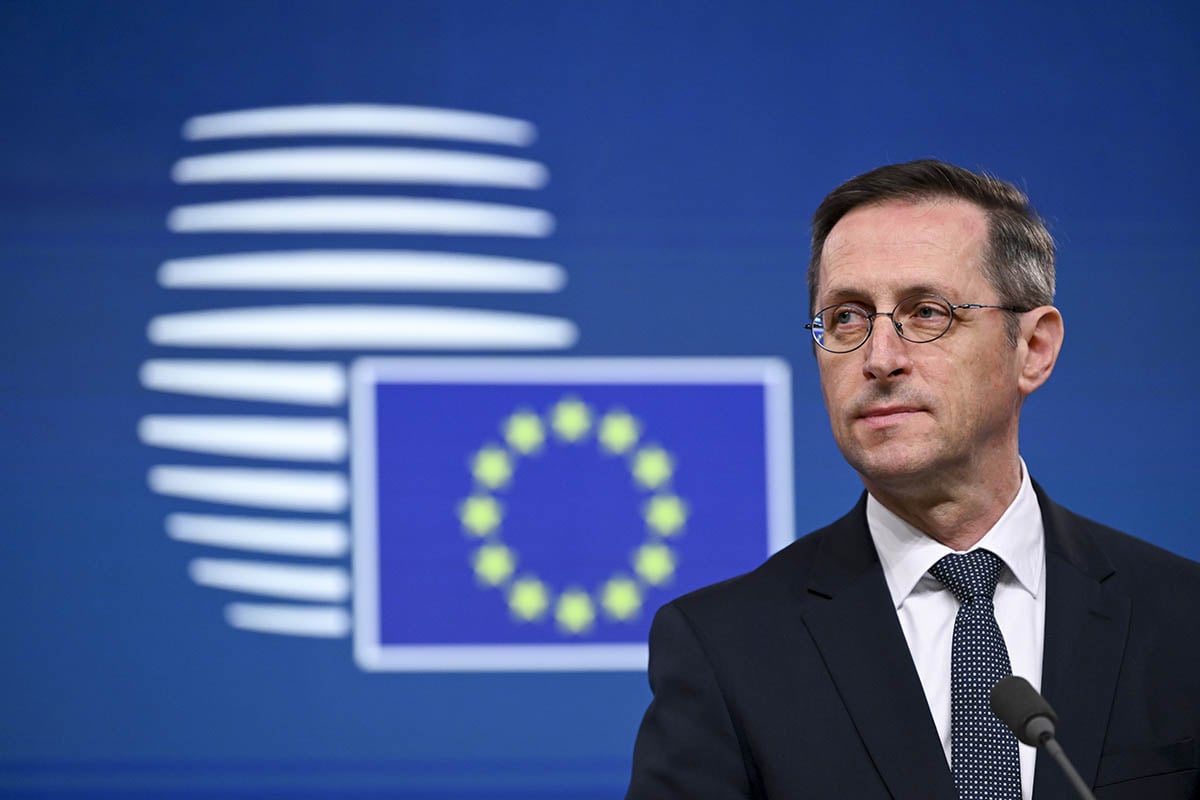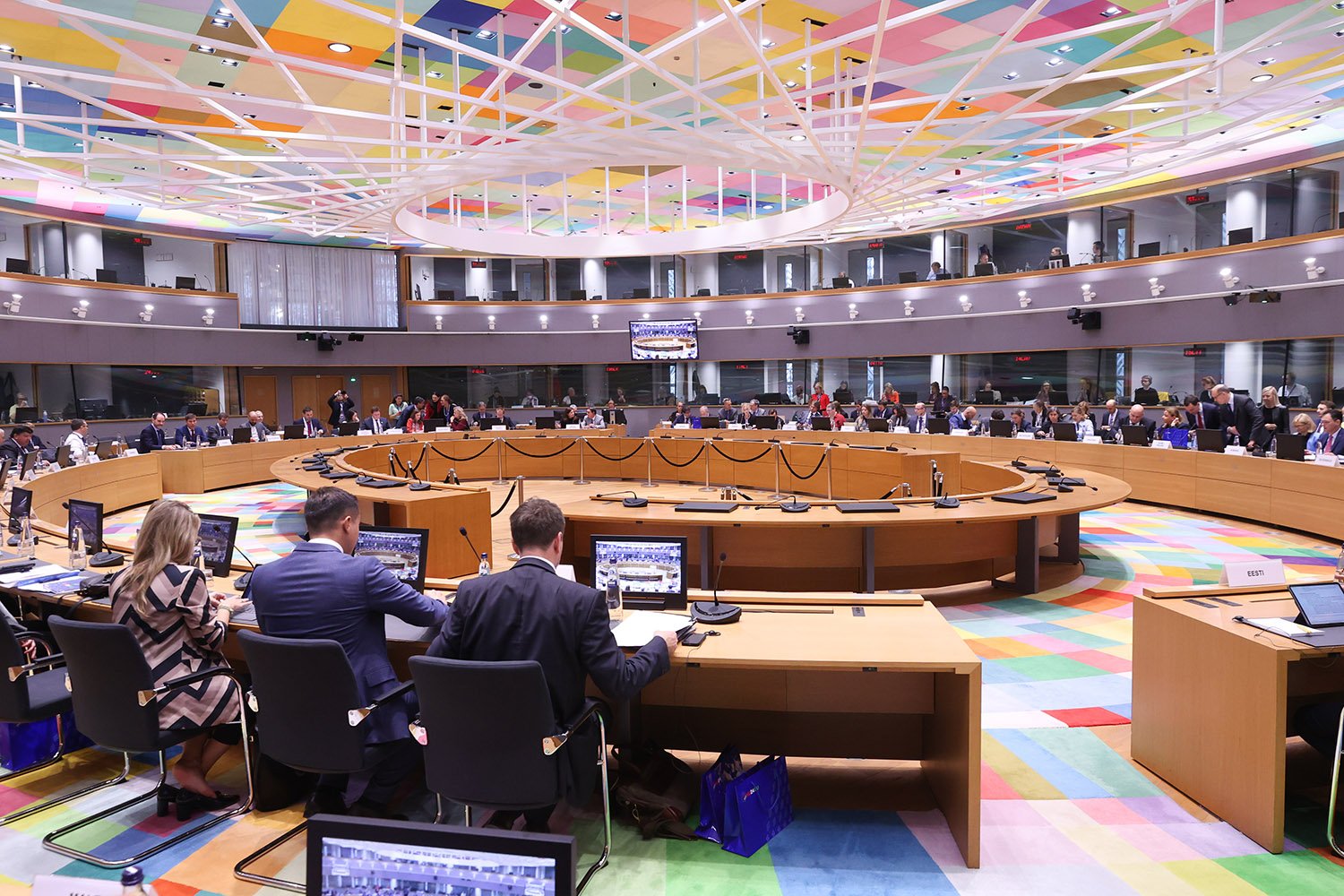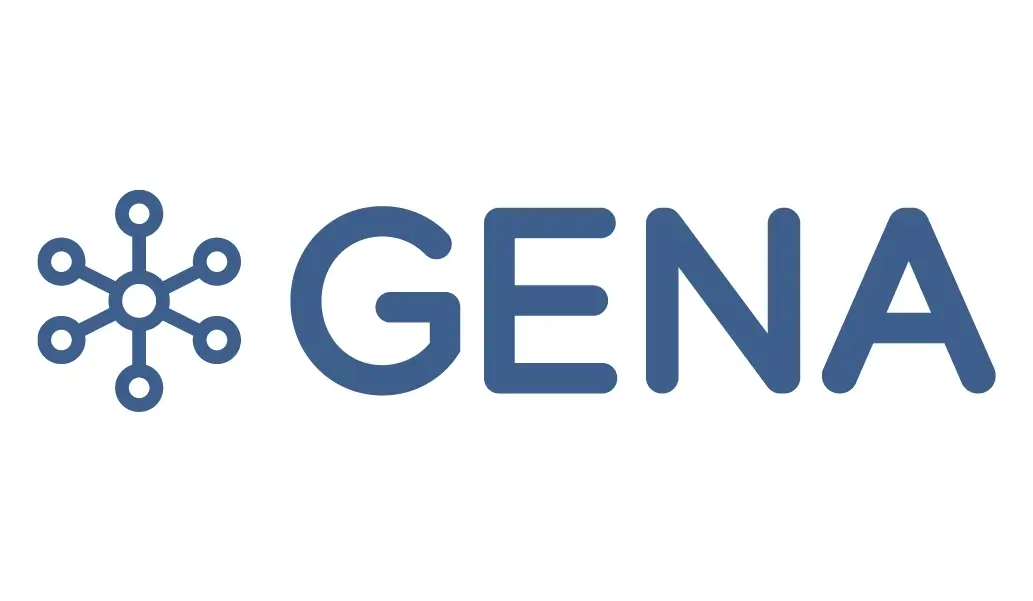GENA fears ViDA is losing its purpose

The international body of e-invoice operators, which at the end of November will change its name from EESPA to GENA (Global Exchange Network Assocation), is very positive about the European Commission's proposed reform of the VAT Directive.
It is therefore with great concern that the organization takes note of the information - from ongoing negotiations - that the package of proposals seems to be both watered down and delayed. "The proposal is moving further and further away from its original objective", GENA said in a statement.
The current VAT Directive is 17 years old and needs to be modernized to coordinate with today's digital environment. Almost a year ago, the European Commission presented a proposal for a comprehensive revision, entitled VAT In The Digital Age (ViDA), focusing on three main areas: digitization of VAT reporting, updated rules on the platform economy and simplification of the rules for accounting for VAT in another EU country.
Crucial parts are scaled away
On the latter two points, the dialogue between the member states and the Union's committees seems to be moving forward and leading to finalized changes that could enter into force either in 2025 or 2026 at the latest.
But in the first area, where the European Commission has described how mandatory e-invoicing and a common VAT reporting system can simplify cross-border transactions between EU countries, things are going more slowly. During the autumn, information has been leaked several times that crucial parts of the planned standardization are being scaled back and that the universal solution sought by the Commission will be difficult to realize.
The resistance is mainly due to the fact that countries such as Italy, Poland and Romania have introduced national transaction controls (Continuous Transaction Control). Systems that they do not want to scrap in favor of a solution with the potential to work throughout the European Community.
Building consensus around the core principles
EESPA, or GENA as it will soon be called, feels that the ViDA vision of harmonization around e-invoicing and digital reporting requirements is in danger of collapsing. The association issued a public statement on Tuesday (November 7) calling on EU and Member State representatives to find agreement on the basic principles of proposed Digital Reporting Requirements and implement an EU-wide CTC framework.
However, the current trend is that ongoing discussions are moving in a different direction. Among other things, it has been proposed that countries with domestic VAT systems, based on ex ante control, be allowed to keep that model and that the EN16931 invoice standard be changed from being mandatory to being an optional choice.
"The adjustments to the original proposal deviate significantly from its original objectives. Tax authorities will get the data they seek, but the burdens and costs on businesses will increase enormously. The DRR rules risk being disproportionate for companies operating in the EU", writes EESPA (GENA). The association warns of the consequences if policymakers reject the possibility of creating an e-invoicing mandate - with real-time reporting of tax data - during ongoing negotiations, which could become the norm in Europe.
Getting worse instead of better?
If that is the outcome, and there are many indications at the moment, we can expect provincial systems instead, which EESPA believes would be devastating for the Union's entire internal market.
"It would mean that we will have a sub-optimally fragmented CTC ecosystem embedded in the EU for the next 30-40 years," the organization gloomily predicts in its statement, adding grimly:
"The result of establishing such disharmony in the VAT Directive may be less desirable than making no changes at all."


